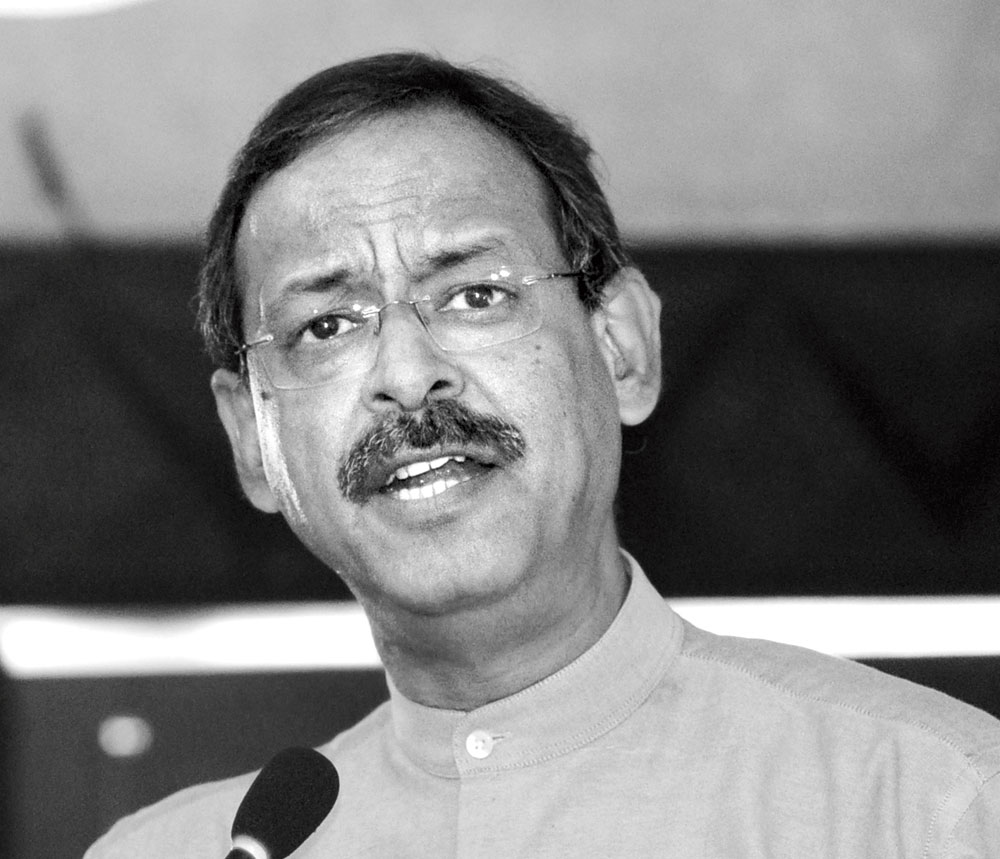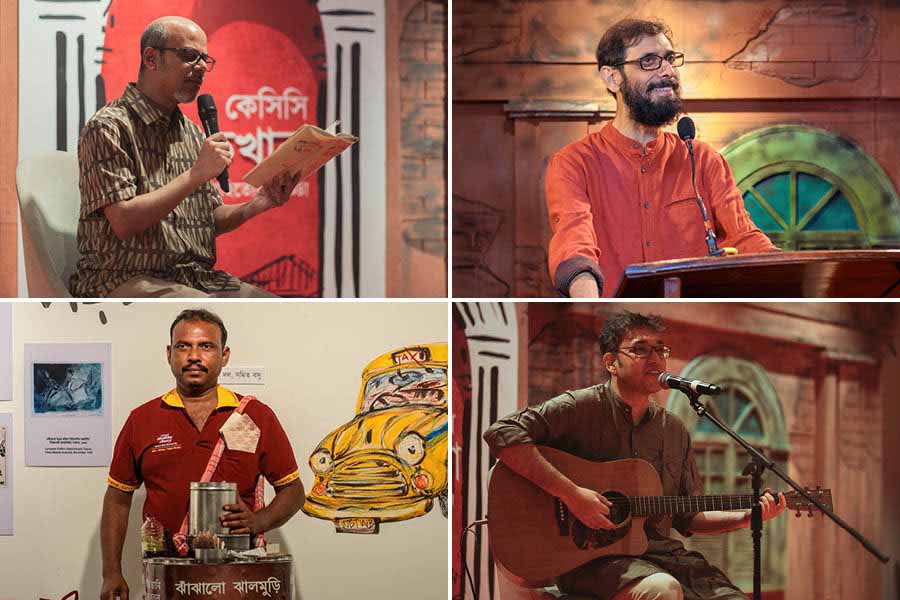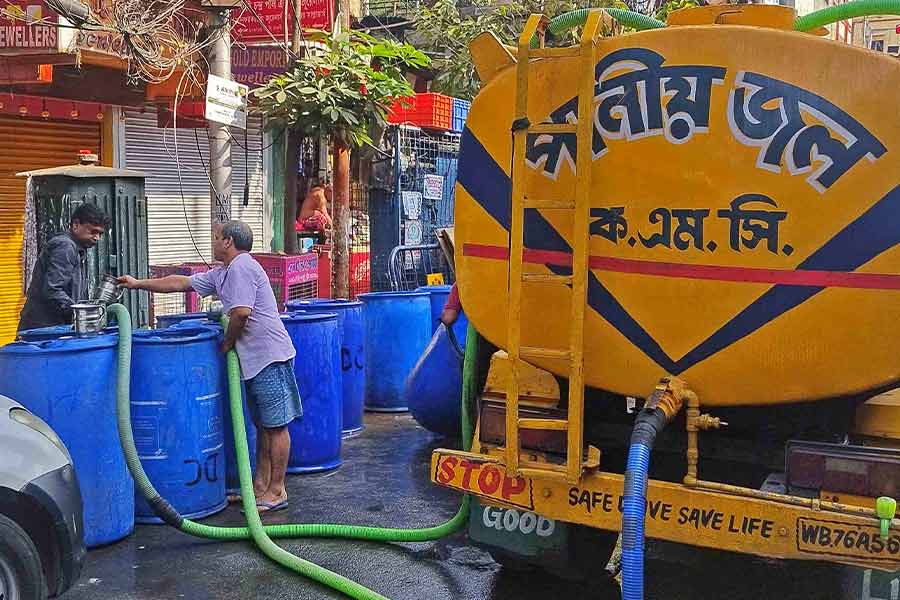Anil Swarup’s future was decided the day he was born. “My father had fulfilled his father’s dream of becoming an engineer and I had to fulfil his dream of me becoming an IAS officer,” he says. But disappointment was writ large on the old man’s face when Swarup couldn’t make it to the “elite” Indian Administrative Service (IAS) on first attempt. He had got through the Indian Police Service instead.
“My father was posted in Meerut at that time. He was very disappointed. But I told him that I would take the exam again and make it,” says Swarup. The next year he cracked the exam, left the IPS academy in Hyderabad, and began a 38-year-long love affair with the service, which finally ended last year when he retired as the school education secretary in the Union government.
I arrive at Swarup’s apartment in Noida, on the outskirts of Delhi. Unlike most of his former colleagues, who generally end up in Sector 15A, one of the poshest areas in the region, he has chosen a somewhat nondescript address. The elevator stops at the 13th floor but the house number says 12 something. “I don’t believe in this astrological bogus of 13 being an unlucky number. I have no problem staying in this house,” says Swarup as he ushers me in.
He is lean, almost six feet and is dressed in grey shirt and dark blue trousers with a dark grey blazer. He exudes warmth, has an easy sense of humour, and doesn’t duck any questions. A business journalist who covered the coal ministry when Swarup was the coal secretary told me how the bureaucrat didn’t mind discussing every issue related to coal field auctions threadbare, and on record, even when things were not going according to the Modi government’s projections.
“Transparency helps you when there is nothing to hide. That’s been my philosophy all through,” Swarup says as he leans back on the sofa. Next to him is a rather large house plant and behind him a floor-to-ceiling glass wall overlooking a vast expanse of greenery interspersed with tall buildings.
A copy of his book, Not Just a Civil Servant (2019, Unicorn Books), is lying on the coffee table. The debutant author says holding the book for the first time was a special experience. “The feel and smell of your first book is an out of the world experience,” he says with a wide grin as he looks fondly at it.
In his book, Swarup discusses his work experiences in Uttar Pradesh and later at the Centre; mind you, he does not present himself in a flattering light. In the late Eighties and early Nineties, when the Ram Janmabhoomi-Babri Masjid dispute was at its peak, Swarup was posted in UP.
He says, “I used to come down heavily on mischief-makers. I had once put behind bars the district president of a ruling party. When the then BJP chief minister [Kalyan Singh] wanted to know the reason, I gave it and there were no questions asked.”
Swarup was serving as director of information of the state government when Babri Masjid was demolished on December 6, 1992. According to him, Kalyan Singh was totally distraught and shattered that day when he learnt of the demolition. Says Swarup, “He was one of those rare politicians who thought he was building the state brick by brick. He was trying to find a solution to the problem and he was quite confident. It is contrary to the general view. But that is the truth.”
Speaking of truth, Swarup doesn’t like anybody calling him an honest man, nor does he like it when someone flaunts his or her honesty. “By being honest, you are not doing a favour to anybody,” he says. “An IAS officer is supposed to be honest. But this alone is not enough. A civil servant has to deliver on the ground and make things happen,” he adds excitedly, thumping the side of the sofa. He goes on to add that one may be “spic and span” and still be useless if he or she is not doing the job selected for.
That said, Swarup had a reputation of being an honest officer. He had to pay the price a few times, in the form of punishment postings. Swarup, however, does not quite put it that way. He says, “I held many assignments that people didn’t want. You can call them punishment postings, but I never had a problem as I wanted to go there and do the job.” He continues, “What is the big deal if you go to a good organisation, enjoy life and leave. The bigger kick is in turning around an organisation.”
Swarup spent close to two decades in Delhi serving the Union government in various capacities. At the end of it, the lesson he has drawn is this — bureaucrats are as much to be blamed as politicians for the “mess”.
He says, “We must understand that politicians have a larger view of things or personal interest. Nothing in between. They are not interested in the process. Process-related problems are created by bureaucrats. In India, we have opted for the veto system of the government. If anybody says no, the whole process comes to a standstill. Everybody has to agree.” Swarup adds, “When the British left, they took justice with them and left behind these countless processes and laws that make no sense, but we hang on to them like nobody’s business.”

When Swarup got a chance to cut through red tape, he did. The Rashtriya Swasthya Bima Yojana (RSBY), the health insurance scheme for India’s poor, was his brainchild. As director-general for labour welfare, he was fully invested in the scheme until its rollout. He says, “It demonstrated that a government programme can help the common man. Very rarely do we have a government programme that looks at the beneficiary first. RSBY did just that. I am very proud of that. In fact, Ayushman Bharat of the Modi government, for all practical purposes, was born out of RSBY.”
RSBY happened in 2008. The years that followed, especially 2011, brought with them revelations of scams like Coalgate and this was followed by a “policy paralysis”. Swarup recalls those days with a grimace. “It was totally dispiriting, because of the scams and the Central Bureau of Investigation and the Comptroller and Auditor General (CAG) breathing down our necks; nobody was willing to take decisions. The whole government decision-making had come to a standstill.”
He blames the then media darling and CAG, Vinod Rai, for much of the crisis that engulfed the government. “There were fundamental wrongs in determining even the notional loss. Even if there were wrongs, the CAG has a protocol on how to go about it. But he went on a totally different path. Publicity and being lionised in the media was more important. It damaged the functioning of the government,” he says.
Swarup doesn’t spare the then Prime Minister, Manmohan Singh, for disowning his own decisions. “You have to stand by your decisions and you have to stand by the officers who signed on the files that you endorsed. My stand is very clear. If you know that somebody is honest and you are not standing by that person, what is the signal you are giving. If you are not defending the honest, you will be left with the inefficient and dishonest officials.”
Swarup takes pride in the fact that he took the rap on behalf of the officers whom he trusted and defended them even if he had to put his own neck on the line. It was there for everybody to witness when he took the floor soon after the news of Central Board of Secondary Education (CBSE) exam papers leaks for Class X and XII last year. He doggedly defended CBSE chairperson Anita Karwal even as there were calls for her resignation or sacking.
Swarup says, “That was the toughest press conference I ever faced. Everybody was angry and I could understand it, but I certainly would not put my people under the bus just because the press was calling for it. I knew how hard she had worked on the issue and she had conducted herself really well all through the crisis. It was as simple as that.”
As a retired officer, he is clear about one thing. “I will not go looking for a post-retirement job. It is beneath a retired secretary of the Government of India to do that. But if somebody feels that my services need to be utilised, I will think about it,” he says.
But for now, the writing bug has bitten him. He will be busy with newspaper columns and a new book is bubbling inside, he says. Clearly, here’s one bureaucrat we will get to hear a lot more about.






